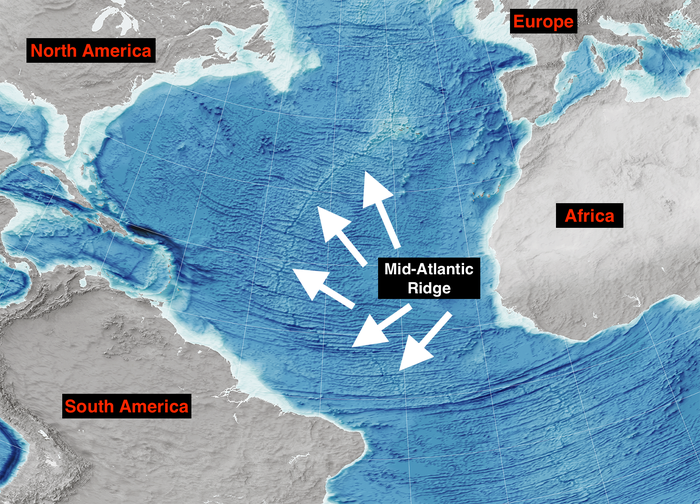Historical figures have played a pivotal role in shaping the Atlantic region’s diverse culture, politics, and economic development. From explorers and leaders to activists and innovators, their legacies continue to influence the present. Their actions often sparked significant changes, whether through colonization, resistance, or cultural exchange. These individuals not only navigated complex geopolitical landscapes but also laid the foundation for many societal structures observed today. Understanding their contributions offers valuable insight into how the Atlantic region evolved. Moreover, recognizing their impact helps contextualize ongoing social and political dynamics across the area.
Historical Figures and Their Influence on Political Change
Many key personalities left an indelible mark on political systems throughout the Atlantic region. Leaders who challenged colonial powers or advocated for independence movements reshaped national borders and governance models. For example, revolutionary figures inspired mass mobilizations, often facing fierce opposition. Their efforts led to new governments and redefined citizens’ rights and roles. Furthermore, some figures influenced diplomatic relations and treaties that still affect international affairs today. These political transformations contributed to the creation of diverse nation-states with distinct identities. Consequently, examining these leaders’ strategies and motivations reveals much about the region’s complex history and current political landscape.
Cultural Contributions of Historical Figures in the Atlantic Region
Beyond politics, certain individuals significantly impacted cultural development across the Atlantic region. Artists, writers, and intellectuals fused indigenous, African, and European traditions to create unique cultural expressions. Their work shaped languages, music, religious practices, and artistic movements, enriching societies and fostering a shared heritage. Additionally, these figures often advocated for social reforms and human rights, challenging prevailing injustices. Through literature and public discourse, they inspired collective awareness and identity formation. Thus, their legacies extend beyond tangible achievements, influencing how communities perceive themselves and their place in the world. This cultural dynamism remains a vital force in the Atlantic region’s ongoing evolution.
